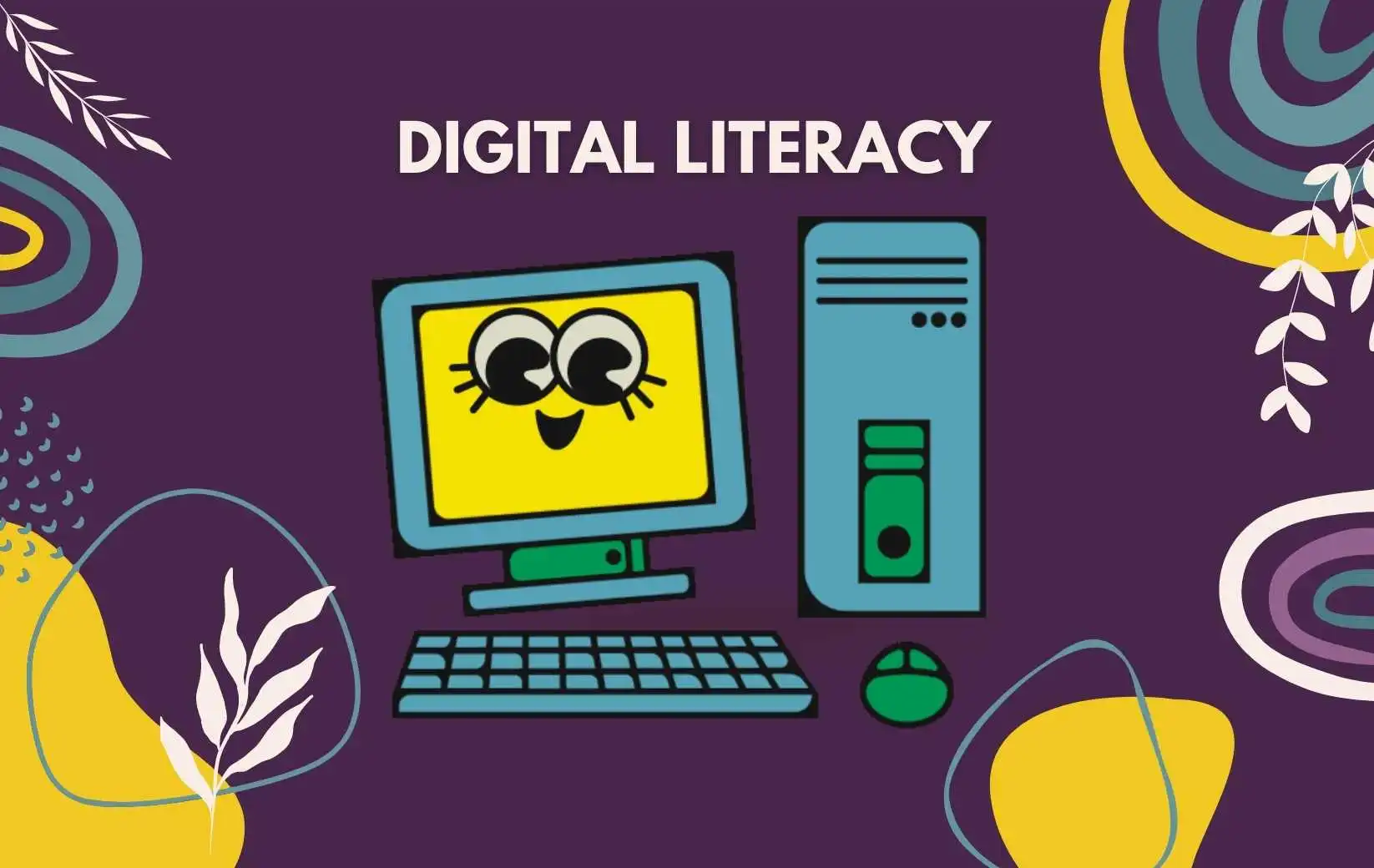In today's rapidly evolving digital landscape, possessing digital literacy skills has become crucial for students.
As technology continues to permeate every aspect of our lives, these digital literacy skills students are no longer optional but essential for academic success and future career opportunities. Here are ten key digital literacy skills that every student should master to thrive in the modern world.
1. Basic Computer Skills
Students must be proficient in using computers, including operating systems, word processing, spreadsheets, and presentations. These fundamental skills are the foundation for more advanced digital competencies.
2. Internet Navigation
Knowing how to effectively search for information online is vital. Students should be able to use search engines, understand URLs, and navigate through different websites efficiently.

3. Online Safety and Security
Understanding the importance of online safety is crucial. Students need to recognize potential online threats, such as phishing and malware, and know how to protect their personal information.
4. Digital Communication
Effective communication via digital platforms is a necessary skill. This includes email etiquette, using messaging apps, and participating in online discussions while maintaining respect and professionalism.
5. Media Literacy
Students should be able to critically evaluate digital content. This involves recognizing credible sources, understanding bias, and distinguishing between factual information and misinformation.
6. Social Media Savvy
With the widespread use of social media, students need to manage their online presence responsibly. This includes understanding privacy settings, the impact of their digital footprint, and the importance of respectful interactions.
7. Collaboration Tools
Proficiency with collaboration tools such as Google Workspace and Microsoft Teams is essential for group projects and remote learning. These tools facilitate teamwork and communication in a digital environment.
8. Digital Creativity
Encouraging creativity through digital tools is vital. Students should be familiar with graphic design software, video editing tools, and other digital creation platforms to express their ideas innovatively.
9. Coding and Programming
Basic knowledge of coding and programming can open up numerous opportunities. Understanding the logic behind coding helps in problem-solving and enhances overall digital literacy.
10. Data Literacy
Interpreting and analyzing data is a critical skill. Students should be able to work with spreadsheets, understand data visualizations, and draw meaningful conclusions from data sets.
In conclusion, digital literacy skills are essential for students to navigate and succeed in an increasingly digital world. By mastering these ten skills, students will be better prepared to face future challenges and take advantage of opportunities in their academic and professional lives.
Follows Us for More Updates
Like Us on Facebook Page :
Click Here
Like Us on Instagram :
Click Here





























